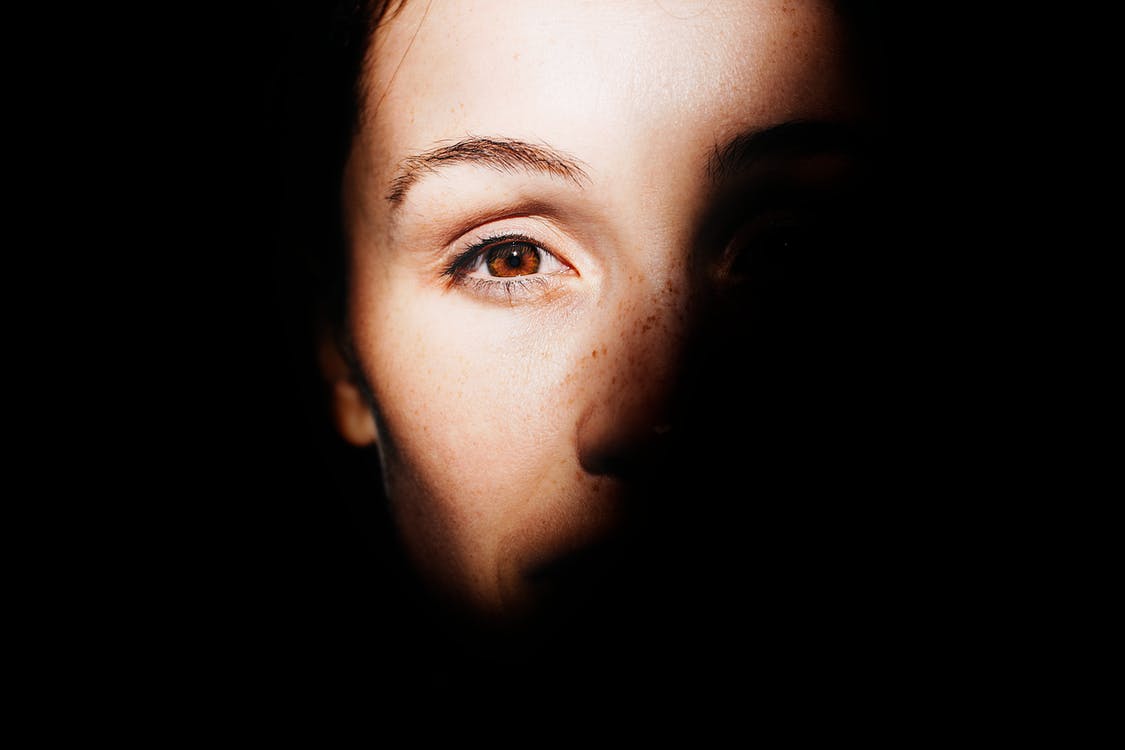How to Take Care of Your Eyes
Your eyes remain vital to your overall health since to visualize and interpret the universe around us, we depend on [...]
Y our eyes remain vital to your overall health since to visualize and interpret the universe around us, we depend on our eyes. That’s why it’s important to know how to take care of your eyes.
Eye disorders, though unnerving to some, can be easily avoided if you follow good eye care practices on a daily basis. Surprisingly, these habits and routines are often overlooked, despite the fact that they are incredibly practical and simple to implement.
Here are a few things which should be an integral part of your everyday routine to maintain your vision and healthy eyes.
Eat Healthy Foods
The diet you consume has a big effect on your eyesight and the eyes' overall health. Multivitamins, including Vitamin E and C, Zinc, Omega-3 fatty acids, and lutein may save your eyes from macular degeneration as well as cataracts. So, don't be shy to add those extra beans, brightly colored fruits, and vegetables to servings next time. Be sure not to miss out on these additional sources of carotenoids:
- Kale, Spinach, and collards
- Fatty fish
- Almonds, legumes, beans, and eggs.
- Citrus fruits
- Pork and oysters
Use Protective Goggles
Wearing safety goggles or goggles if you find yourself in environments with airborne contaminants should be a no-brainer. Yet studies reveal that many on-site workers shirk their responsibility of wearing protective clothing unless they are part of a compromising accident.
Eye injuries often take place during sports such as lacrosse, racquetball, ice hockey, and cricket. When indulging in sports or games, remember that a stitch in time saves nine. Shield your eyes by utilizing safety gear in such situations. Eye protection can also be provided by a headgear with face masks as well as sports goggles containing polycarbonate lenses.
Sunglasses Will Be Your Best Friends
Your eyes need to be shielded from the sun's harmful ultraviolet radiation and that's only possible if one wears the correct sunglasses. Excessive and prolonged exposure to UVA/UVB radiation can increase the risk of age-related macular degeneration as well as cataracts.
To eliminate the chances of these diseases, opt for a pair that can shield your eyes from 99-100% of UVA/UVB radiation. Wraparound goggles can provide panoramic protection for the eyes.
Be Aware of Your Family’s Medical History
Since certain eye disorders can be inherited, it's important to find out whether anybody within your family is suffering from a serious disorder.
This may help you identify and take preemptive measures if you're at a greater risk for certain eye problems. Examples of these can be rising eyesight power, lens dislocations, night blindness, color blindness, Glaucoma, Keratoconus, retinitis pigmentosa as well as retinoblastomas.
You're likely to develop certain age-related eye problems as you advance in age. It's important, therefore, to understand one’s own individual risk factors that predispose them to particular eye conditions. A great example is Diabetes; which requires regular annual retinal checkups and modifying lifestyle habits for good eye health. Other examples of these disorders can be senile cataracts, age-related macular degeneration, and more.
Maintain Optimal Monitor Distance
Computer displays should be around an arm's distance from your face and 20° beneath eye level. This prevents your eyes from straining. Similarly, ensure that your space has appropriate yet diffused illumination. Glare may be caused by focused and excessively bright lighting, putting too much strain on the eyes.
Try to look away from the computer once every 15 minutes and focus on a distant object to exercise your eye muscles and preserve your vision. If your eyes get particularly tired on certain days, avoid using the computer altogether. If you don't have that luxury, just use artificial tears and have a good night's sleep afterward to enable your eyes to recuperate.
Make Sure You’re Wearing the Proper Sort of Eye Make-up
If you use make-up, stick to products that suit your skin. Avoid eyeliners, mascara, and eye shadows if you have an allergic response to them. To eliminate bacteria from building up from leftover make-up in the eye region, use make-up removers religiously before bed.
Similarly, wash all make-up brushes on a regular basis, particularly if you use them in eye make-up.
If you know eye products have expired, chuck them in the trash without feeling guilty about the money you spent purchasing them. Remember that health is the only nonrenewable resource on the planet, thus you must put your eyes' well-being first.
While it’s important to know how to take care of your eyes, people facing vision issues often put off obtaining timely eye checkups for far too long. Make sure to see an Ophthalmologist at the earliest convenience if you’re noticing changes in your eyesight.
